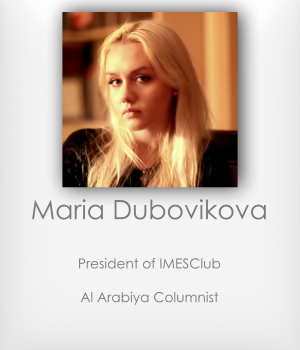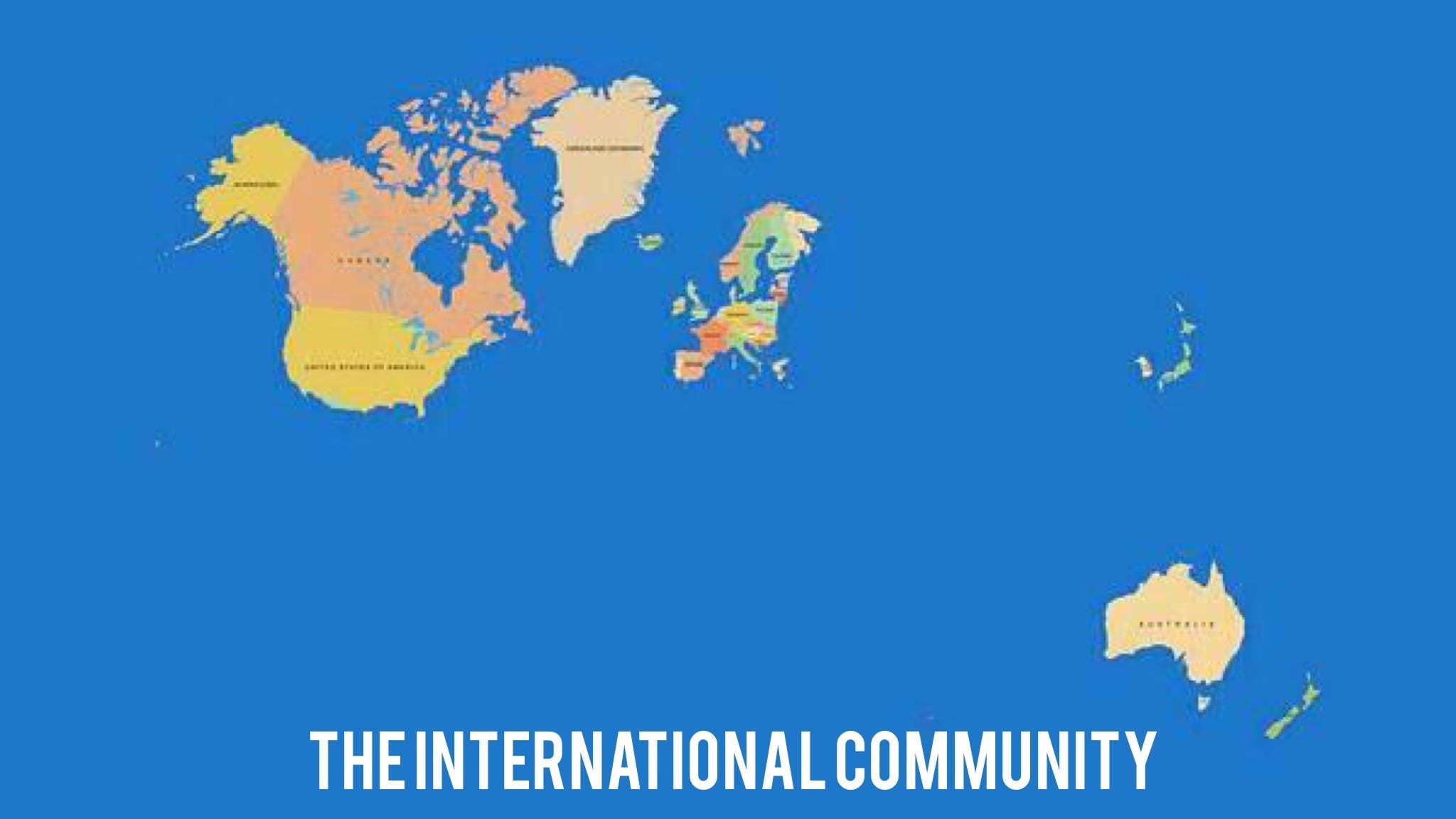 An amusing photo has been doing the rounds on social media, depicting “the international community” as being solely comprised of Western states, or Western-affiliated states.
An amusing photo has been doing the rounds on social media, depicting “the international community” as being solely comprised of Western states, or Western-affiliated states.
When media reports or politicians say “the international community approves” or “the international community disapproves,” they are really only talking about these countries, forgetting the rest of the world.
While the leaders of the international community discuss the prolongation of sanctions against Russia at the G7 meeting, Russia and Egypt have had their first ever naval drills. The goal of the eight days maneuver was to strengthen military cooperation between the naval forces of the two countries in the interest of security and stability at sea. Earlier, in late May, Russia and China also strengthened their cooperation and ties through military exercises in the Mediterranean, apparently reminding “the international community” that the countries of the rest of the world do exist and their interests and their perception of the global agenda should be taken into account, and what is more, it could differ a lot from what “the international community” thinks.

Current circumstances
In the current circumstances, when relations between the West and Russia are at a low point, the alliance between Russia and Egypt reminds us of the Soviet-Egyptian friendship in the difficult times of the Cold War. Egypt’s Abdel Fattah al-Sisi was among the guests of the Victory Day celebrations in Russia, a sign of the warm relations between the two countries. Nuclear cooperation as well as tourism also highlight warming relations.
However, military cooperation is one of the most successfully developing spheres, and it forms the bases of the general cooperation between the two countries.
The strategic alliance between the two countries is neither a threat to the stability of the countries of the Northern Mediterranean, nor a muscle-flexing game
Maria Dubovikova
The temptation of building parallels of analogies between the present and the past is sweet but much better avoided. The current confrontation is not a new Cold War, at least not yet. This friendship doesn’t have a confrontational core — this friendship is not modeled against other camps or countries.
The sides are motivated to draw together due to common interests, common threats and expected mutual benefits. Russia is not the Soviet Union; it has a market economy, it is integrated in the international trade. The Western sanctions and reciprocal measures taken by the Kremlin have struck the internal economy and pushed the country to the diversification of economic ties, needed long time ago though, thus pushing it towards Asia, Africa, South America and the Middle East. Relations with Egypt are important for Russia, but pale in importance and significance to its ties with China and neighboring countries. Russia does not have so much to propose to Egypt to take it in its orbit completely. Furthermore, the existing stereotypes, narrow-mindedness and perceptions deep in the Russian mentality about Egypt, formed mostly in the pools of the all-inclusive Egyptian resorts, ignorance about the country’s history and culture, worsened by the moderate Russian chauvinism towards the Arab world, don’t contribute to the development of relations on the level of civil societies, and even of business circles, thus anchoring the speed of bilateral relations development.
Finding friends
Egypt is not limited by its ties with Russia from doing business with other countries. It takes considerable attempts to attract investments from all over the world in its huge economy that needs to be well fueled to kick start considerable growth - its potential is truly enormous. Egypt recently signed a historical military cooperation protocol with France. It is also upholding traditional ties with the U.S., however, the trust has been undermined.
The epoch of ideology affiliation is over, and logic of ties is dictated by economy, business and other political interests, preconditioned by the internal demands.
The bilateral relations between the two countries are cemented by the truly warm personal relations between national leaders, who have much in common: both strong, powerful and charismatic. The multi-confessional core of the counties, that in the case of Egypt faced a dramatic threat under the Muslim Brotherhood, unites the countries, as well as a moderate conservatism and illiberal democracy that is installed within their borders and raises much criticism from “the international community.”
The strategic alliance between the two countries is neither a threat to the stability of the countries of the Northern Mediterranean, nor a muscle-flexing game. However, the “international community” has too much temptation to look at the matter in this way, especially taking into account the current confrontation between Russia and the West. Mostly it’s a reminder that there is life beyond the borders of “the international community,” that there are players strong enough to form alliances and to have military drills in “the international community’s” backyard. Taking into account the global challenges and threats the world now faces, the strategic alliance between Egypt and Russia should mostly be welcomed, as cooperation between them has a direct influence on the security situation in the regional space and thus is in the interests of all players.












